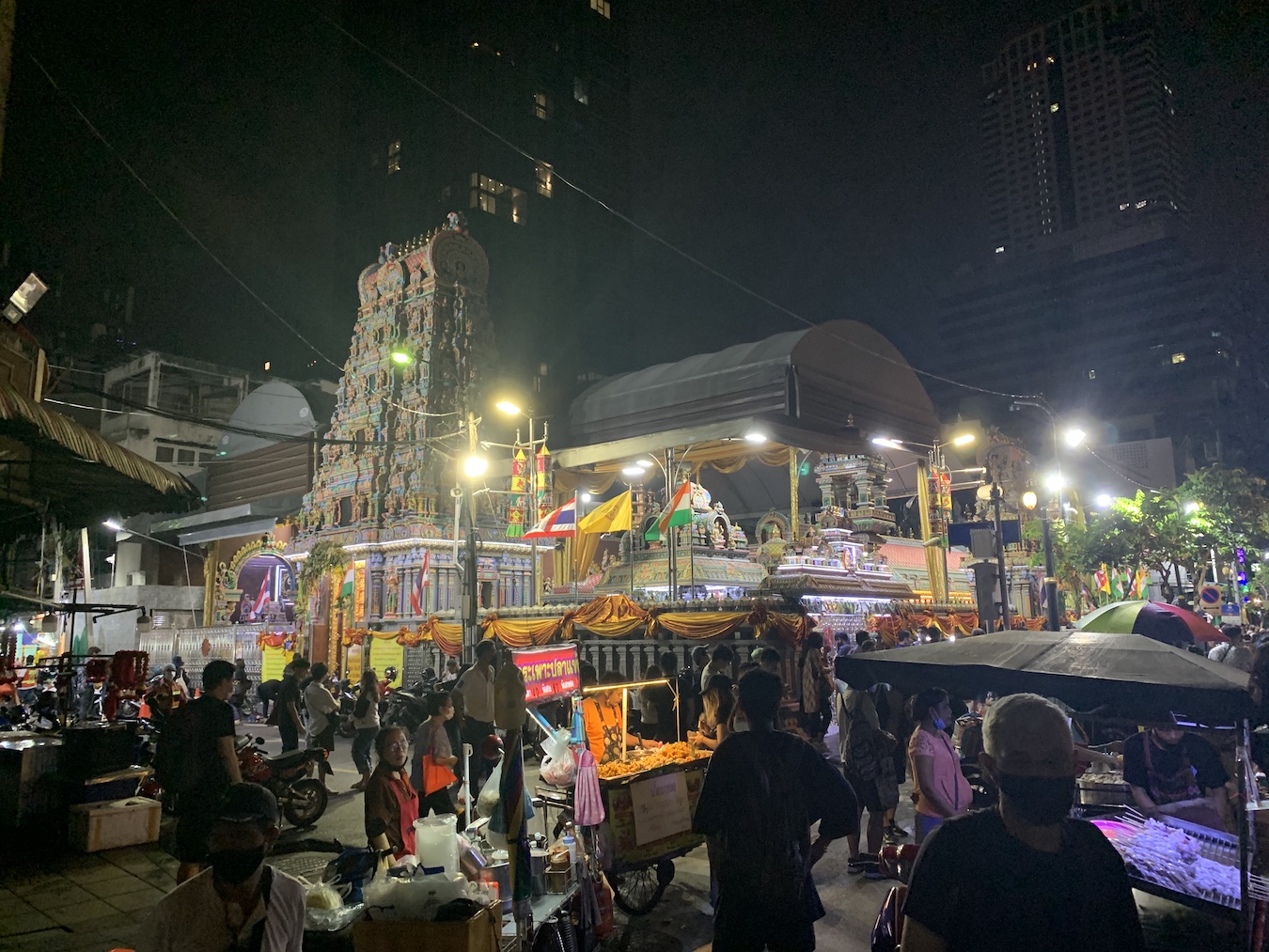by Brian Hioe
語言:
English
Photo Credit: Milktea2020/WikiCommons/CC BY 4.0
SHORTLY BEFORE the elections, Thai student activist Netiwit Chotiphatphaisal came under fire for his resistance to the military draft at a time in which the draft has proved increasingly controversial as a campaign issue.
Namely, Thai men are allowed to defer serving in the military until they are 27, following which they are either permanently exempted from the military or put into a lottery to be drafted. Nevertheless, Chotiphatphaisal, who is one of Thailand’s best-known activists internationally, has long been a conscientious resistor to the draft.
This is particularly a charged issue after youth-led protests in 2020 and 2021 against the military regime that controls Thailand, as well as the institution of the monarchy. Given the many military coups that have overthrown elected governments in Thailand, as well as suppression of political dissidence by the state using the police and military, many young people do not wish to serve int the military. That being said, to try and correct its image issue, the military conducts outreach to try and recruit young people through music, live performances, and other means of soft power.
Chotiphatphaisal, generally known as a student leader at Chulalongkorn University, has been a monk since being ordained in July of last year. He is now known as Phra Netiwit Chotiphatphaisal. Chotiphatphaisal, who is now 27 and has used up the time he has for exemptions from the draft, previously denied entering the monkhood to dodge the draft.
Chotiphatphaisal did not appear at the draft lottery at Mueang district Samut Prakan province, in conformance with Ministry of the Interior regulations, on April 9th. Although spokespersons from the military stated that they do not intend to issue an arrest warrant for him immediately, if he is found to have no valid reasons for not attending the draft, he will be treated as any other male of his age and arrested, as he does not qualify to be exempted from the draft.
Chotiphatphaisal posted a handwritten letter explaining his reasons for not appearing on Facebook. In particular, Chotiphatphaisal has a history of conscientious objection going back to since he was 18, and in the past he has criticized pledging allegiance ot the Thai flag, as well as symbols of the monarchy.
 Photo credit:
Photo credit:
Chotiphatphaisal stated that he eventually plans to leave the monkhood once he completes his Pali language exams, following which he will turn himself in to face charges. It is thought, however, that Chotiphatphaisal may have entered the monkhood in order to center the issue of the draft, particularly because of the spectacle of the military arresting a monk given the importance of Buddhism in Thai society–particularly for the state. Chotiphatphaisal suggested he might leave the monkhood in May.
In recent times, the Thai military has been criticized for other incidents in which it tried to enforce the draft, such as when the military ordered a bedridden man to report to a conscription venue to prove that he was not fit to be drafted. The military was also accused of using the date of conscription to prevent young people from voting, though it later delayed the date that conscripts needed to report in to May 15th to allow them to vote on May 14th.
Despite the significant energy behind protests in 2020 and 2021, the protests mostly dissipated by 2023. Part of the reason for this was because of the elections, with momentum turned towards campaigning. At the same time, for many, burnout has set in and this, too, is expected to affect the election outcome.
Many expect that the election will result in another win for the military junta that rules Thailand. Likewise, in consideration of the many military coups that have taken place in the past decades of Thai politics, it is always possible that election results that the military finds unfavorable will be overturned.
Many young people, including children, participated in the protests. But the military’s retaliation against young protestors has been criticized by international human rights organizations. This includes incidents involving physical beatings or rubber bullets being fired at child protesters, as well as surveillance of participants in demonstrations.

